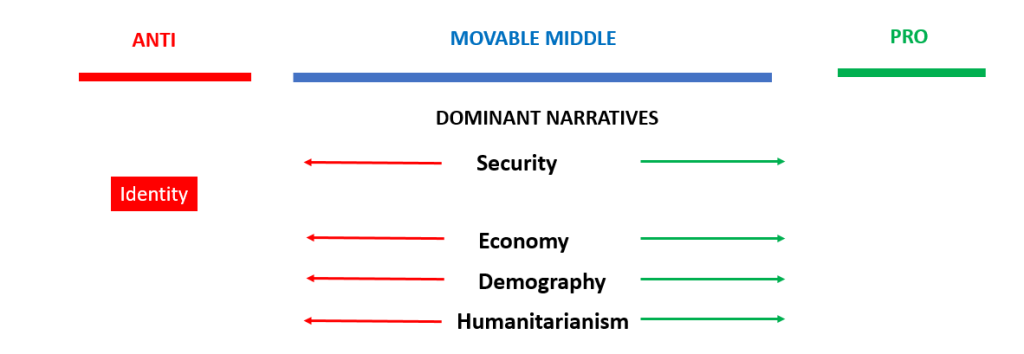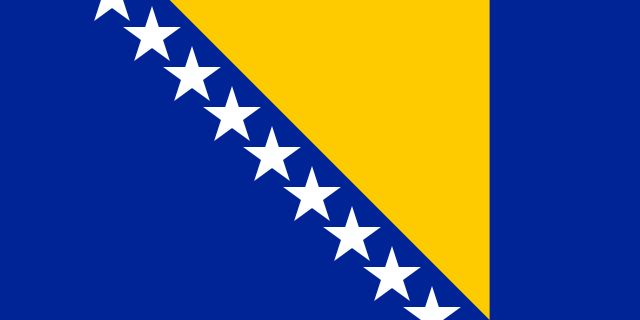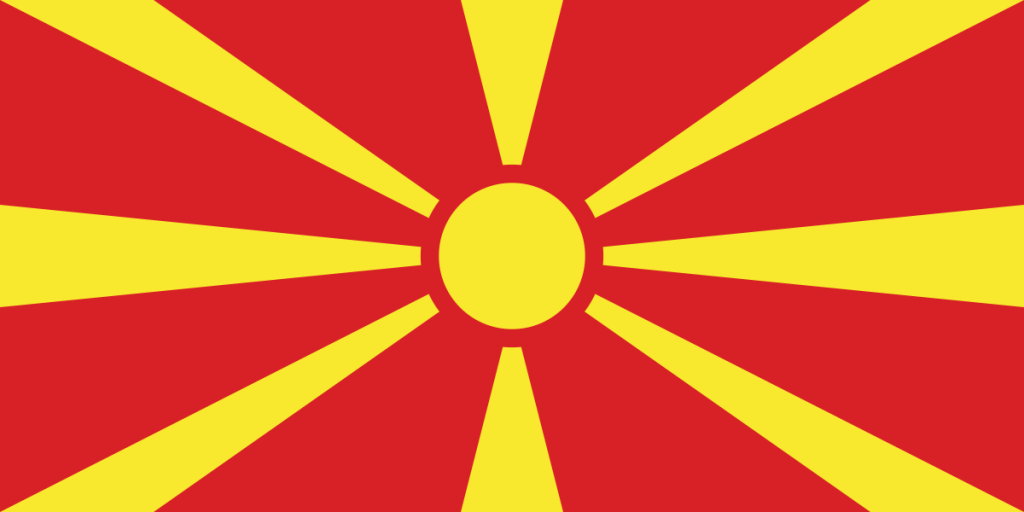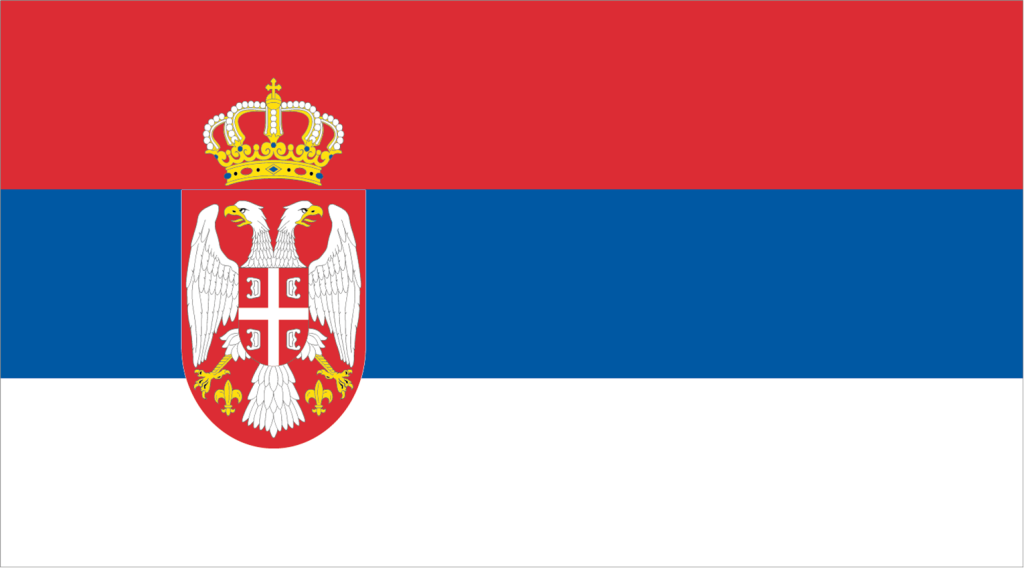Available languages
Ms. Teresa Albano, Economic Affairs Officer, Senior Project Manager of the E-MINDFUL project, OSCE
The stocktaking exercise
In the E-MINDFUL project, the stocktaking exercise wishes to provide a knowledge base about strengths and weaknesses of information campaigns/educational programmes that promote the contribution of migrants to hosting societies. The aim of this exercise is to provide guidance to the National Multidisciplinary Creative Groups (NMCGs) that, in the six countries involved in the project, are tasked to explore innovative messages that can resonate with the ‘movable middle’, the portion of the public that is indifferent or uncertain about their feelings and opinions about migrants. The exercise benefited from the contribution of five experts – sociologist, semiotician, cultural anthropologist, communication and audience engagement designer and behavioral marketer – to expand the understanding of factors that contribute to shape the attitudes of people towards migrants. The campaigns/educational programmes analyzed were funded by the AMIF (Asylum, Migration, Integration Fund) programme of the European Commission, DG HOME, and were implemented in countries of the European Union (EU). The OSCE expanded the stocktaking by including awareness-raising experiences as well as commercials realized in migrants-receiving countries in the ‘Global North’ but outside of the EU.
Key findings
Attitudes towards migrants are formed as a result of a complex architecture of individual and contextual factors. While early-age education and life experiences play a relevant role in shaping individuals’ values and attitudes, a similar if not stronger influence is exercised by contextual factors, such as the opinions expressed by politicians or people of influence in the community, particularly the virtual community on social media.
According to the stocktaking exercise, stories about migrants – about ‘them’ – are shaped prevalently around the following narratives that resonate differently depending on the values and worldviews of individuals:

While narratives shaped around “Security”, “Economy”, “Demography” and “Humanitarianism” can resonate with the ‘movable middle’ towards more pro or anti positions, the “Identity” narrative may be less likely to resonate with more pro attitudes. The prevalent storytelling is crystallized around the following main characters: the migrant-victim, resonating with the humanitarian and demographic narrative; the migrant-hero, resonating mainly with the economic and security narratives; the migrant-predator, resonating with the identity and security narratives.
Yet, when the storytelling focuses on us rather than on them, the potential to resonate with the movable middle seems more promising: the formats are quite diverse, from commercials to TV series/movies. The use of paradox and humour makes the stories more appealing, while problems are acknowledged together with the positives, shaping a storytelling that is genuine and engaging.
What did we learn from the stocktaking? Some “Mind the (communication) gaps” emerge from the analysis:
1. Mind the story(ies):
There is a strong need to go beyond “preaching to the converted” and explore unexpected formats and stories rather than focusing on the features of the movable middle that, as such, cuts across different social, cultural and demographic indicators, making its targeting too complex. It may be more rewarding to move from “targeting audiences” to “creating communities” that can be actively engaged in co-creating content.
2. Mind the messenger:
Influencers, rather than more traditional communicators such as press/radio/TV journalists, are progressively gaining the trust of audiences, particularly online. While the project cannot engage directly with influencers, there are lessons that can be learned from their communication strategies, in particular their (apparent) spontaneity and truthfulness.
3. Mind the format and its spreadability:
Specific messages tend to resonate in “closed” eco-chambers, particularly – but not exclusively – in online environments, making them more vulnerable to disinformation and misinformation on emotionally charged topics like migration. It is important that the National creative Groups design communication formats in such a way that can be “sharable”, including through different platforms and media.
4. Mind trade-offs:
There is no perfect information campaign. Every communication choice implies trade-offs. It is important that trade-offs are made explicit in the creation process. The project offers the unique opportunity to explore and experiment for mutual learning.
While the stocktaking report is now ready for the time-consuming review and editing process, the working version is at the service of the National Creative Groups that have already started their co-creative process. We cannot wait to see what their sensitivity and imagination is going to propose….. Stay tuned.





